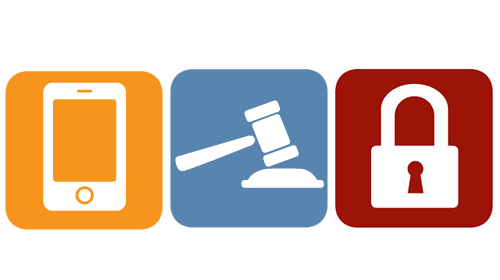
On June 5, 2013, Edward Snowden shocked the world, providing proof that Americans were being spied on by their own government. Some praised him as a hero, others condemned him as a traitor, but there was general consensus that the NSA had severely overstepped its bounds.
Reform was needed, fast.
Over the course of the last year, we saw strong reform proposals introduced into Congress, only to be eviscerated in the eleventh hour. We saw Republicans and Democrats, who don't agree on much, join together on NSA reform – even though they were opposed by a group of powerful pro-surveillance hawks.
And, in July, we saw this do-nothing Congress accomplish something remarkable – take a step closer to actually addressing this important issue. A bipartisan group of 19 senators introduced a new version of the USA Freedom Act, a bill aimed at reining in the NSA. The bill garnered the support of many privacy groups, technology companies, and the intelligence community.
But now there's a new threat to passing this important bill: ISIL. Or rather our fear of ISIL.
Now, a few senators who oppose surveillance reform and seek to derail the bill are arguing that passage of the bill would adversely impact our fight against this radical group in Iraq and Syria.
Nothing could be further from the truth.
First and foremost, the USA Freedom Act would not restrict the government's ability to conduct surveillance abroad or on the battlefield. The bill doesn't touch the authorities that govern surveillance abroad, so the United States would still be able to collect communications in Syria to aid air strike operations. Nor would it prevent the government from targeting the communications of suspected ISIL operatives in Iraq and Syria or collecting communications in an emergency – like the Boston marathon bombing – to protect American lives.
What the law would do is restrict the government's ability to spy on Americans, particularly by requiring the government to justify programs that collect details of the call or Internet use of all citizens under Section 215 of the Patriot Act and other parts of the Foreign Intelligence Surveillance Act. Some say we need these programs to fight terror. Yet an assessment by the Privacy and Civil Liberties Oversight Board, an independent government oversight body, found that there were no instances where the nationwide call-metadata program conducted under Section 215 prevented an act of terrorism.
Put another way: Our country has spent billions on programs under Section 215 that trample the rights of Americans, hamper journalists, and take resources away from more effective counterterrorism efforts – and we have nothing to show for it.
Further, even the intelligence community says unequivocally that passage of the Senate version of the USA Freedom Act would not impair national security. In a letter indicating their support of the bill, Attorney General Eric Holder and Director of National Intelligence Eric Clapper said that the USA Freedom Act preserves "essential Intelligence Community" capabilities. Given these statements, the national security concerns expressed by some members of Congress ring hollow.
In times of war, there is always a temptation to barter with Americans' freedoms. But more surveillance does not translate into more security. In this era of perpetual war, we should be extra cautious about signing away our rights in exchange for hollow promises of enhanced safety.
Further delaying NSA reform won't help us stop ISIL. But passing the USA Freedom Act will help us protect a vital part of America.
Learn more about government surveillance and other civil liberty issues: Sign up for breaking news alerts, follow us on Twitter, and like us on Facebook.
Stay informed
Sign up to be the first to hear about how to take action.
By completing this form, I agree to receive occasional emails per the terms of the ACLU's privacy statement.
By completing this form, I agree to receive occasional emails per the terms of the ACLU's privacy statement.

